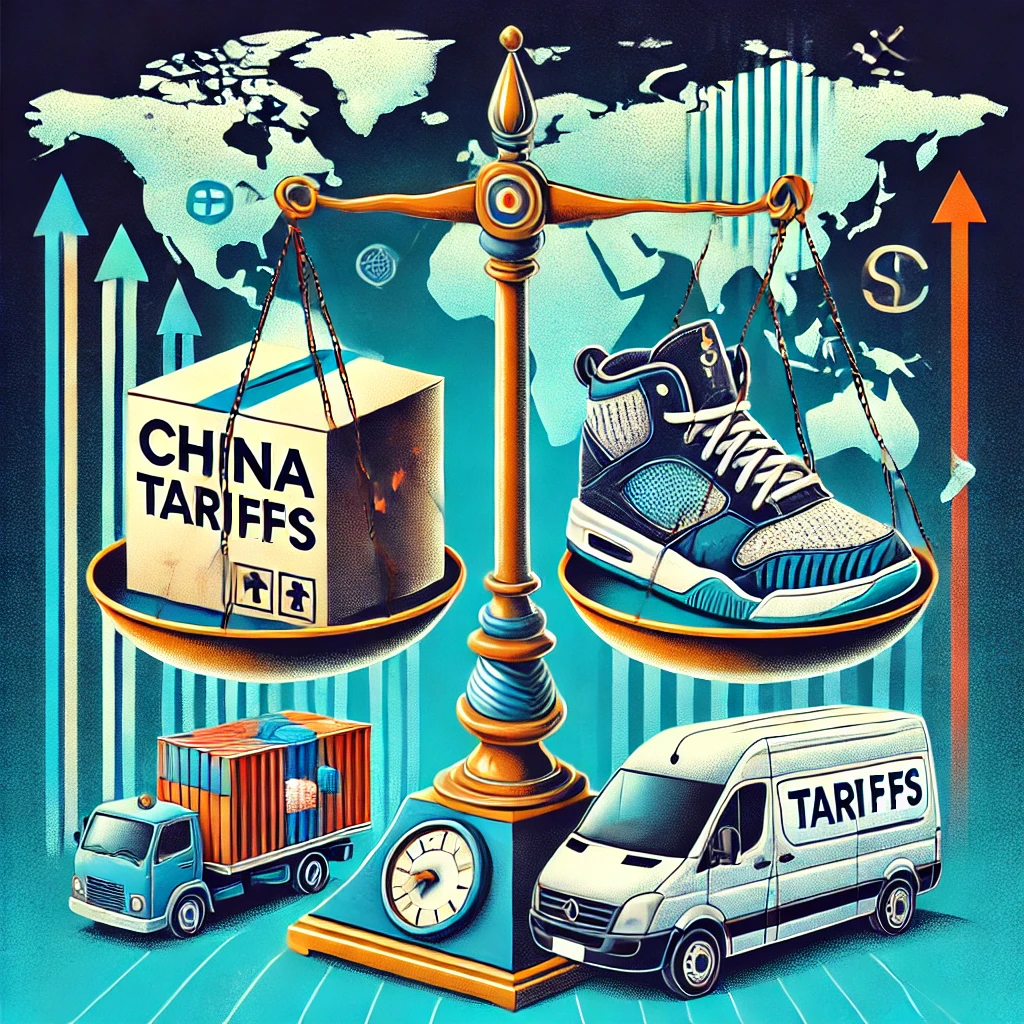The proposed tariffs on goods from China, Canada, and Mexico are poised to challenge corporations further, as companies will need to adapt to rising costs with even more innovative strategies. These new tariffs will test the limits of their creativity, as the following examples show how companies have already navigated similar hurdles in the past.
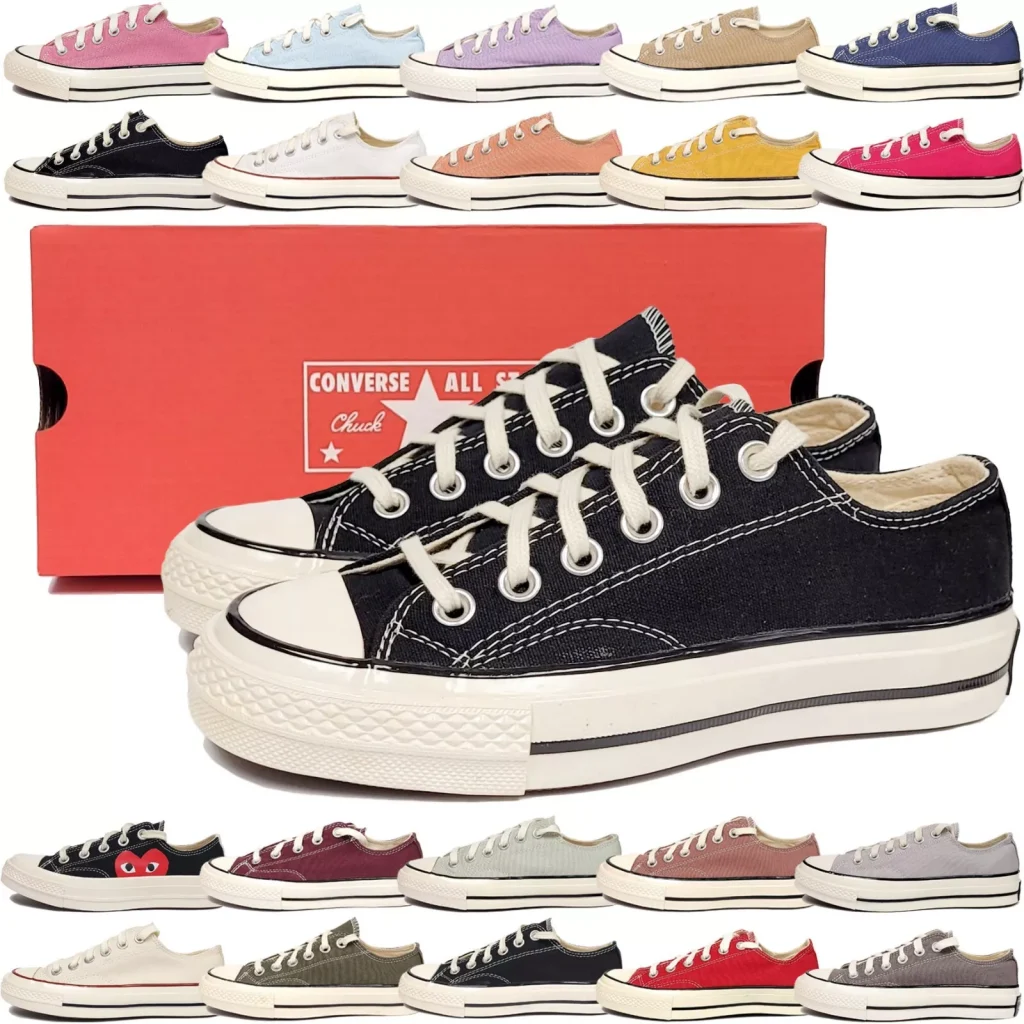
- Converse Sneakers Become Slippers
Converse sneakers in the U.S. were manufactured with a thin felt layer on the soles, allowing them to be classified as slippers rather than sneakers. This classification reduces the tariff rate from 37.5% to just 3%. The felt often wears off quickly, but the savings remain.
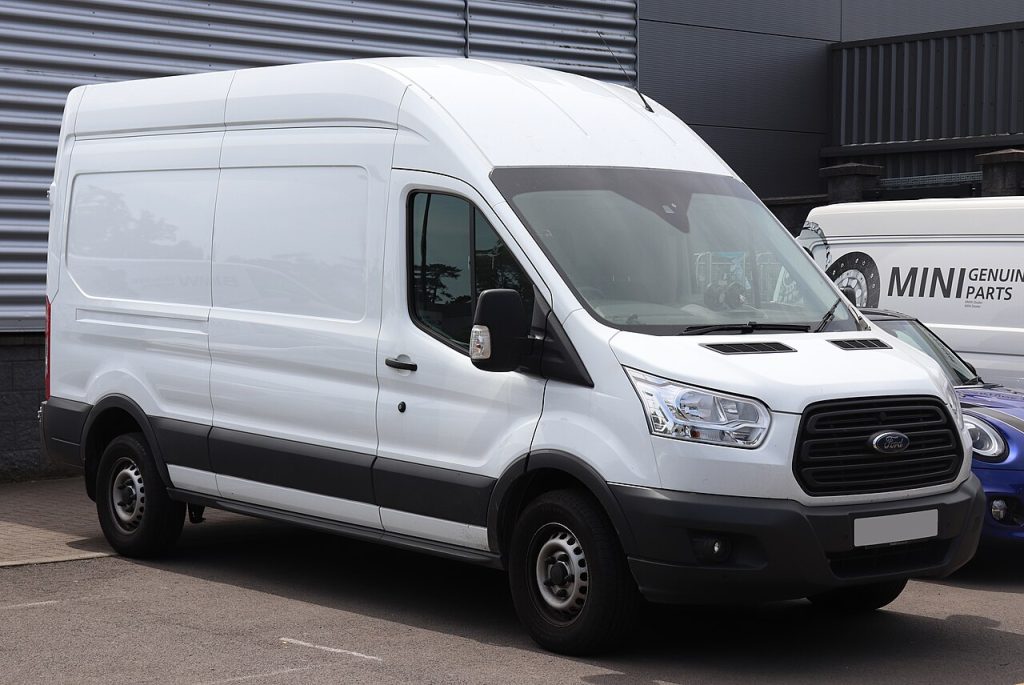
- Ford’s Temporary Passenger Vans
Ford imported Transit vans with temporary seats and windows, classifying them as passenger vehicles to avoid a 25% tariff on light trucks. Once in the U.S., the company removed the temporary fittings and sold the vans as cargo vehicles. Regulators later fined Ford $365 million for this maneuver.
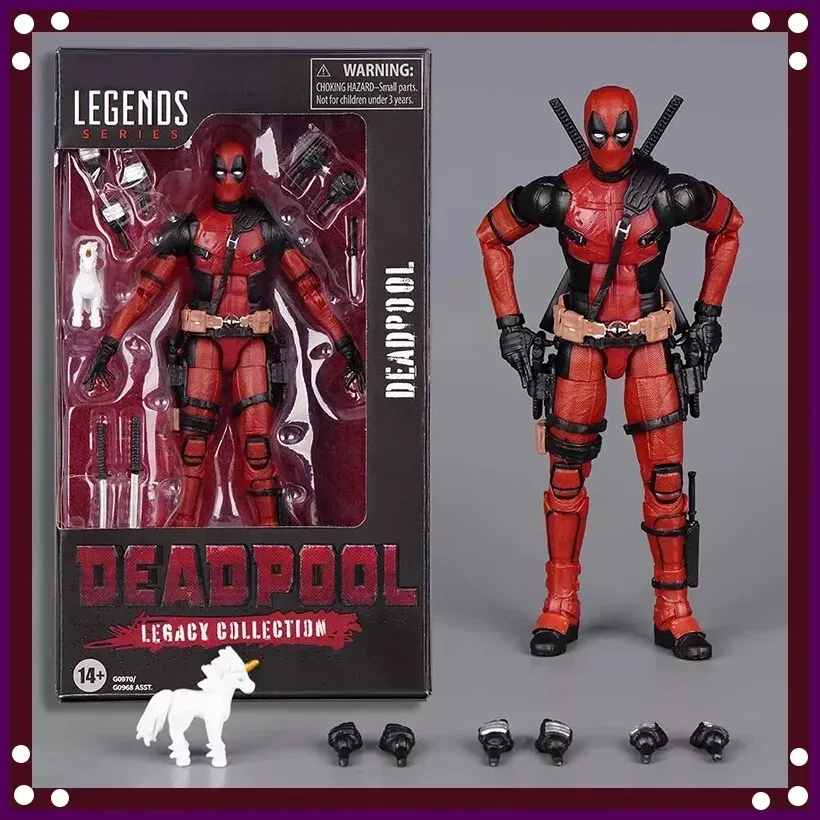
- Marvel’s Nonhuman Toys
Marvel argued in court that X-Men action figures should be classified as “toys” rather than “dolls” to avoid higher tariffs. Dolls, representing human figures, faced higher taxes, but Marvel successfully claimed that X-Men characters were “nonhuman creatures.”
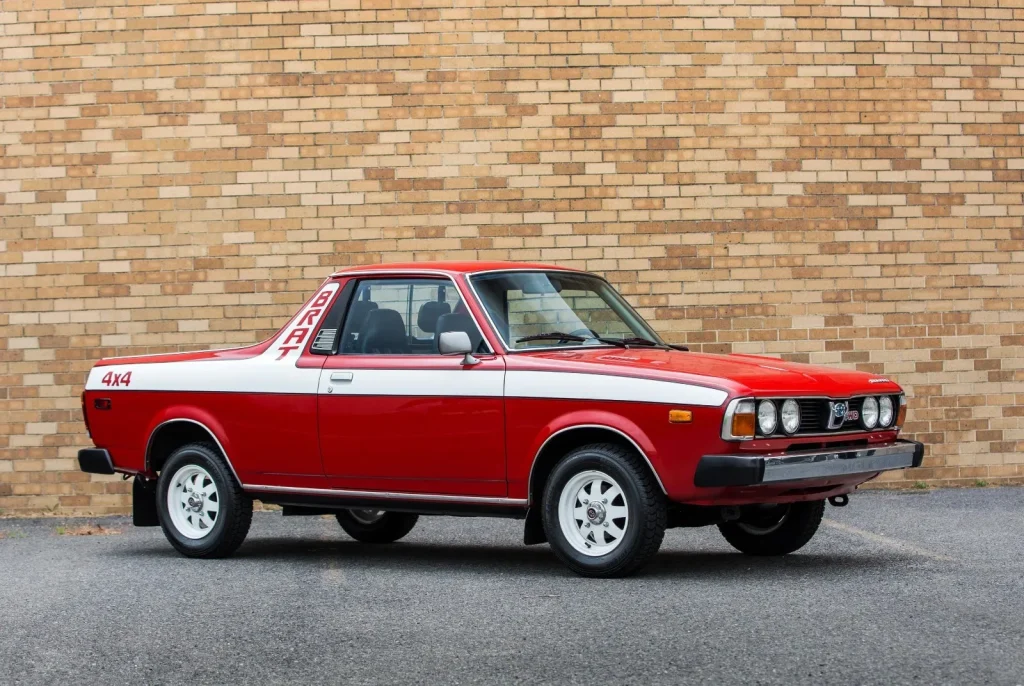
- Subaru’s Truck-Bed Seats
Subaru added rear-facing jump seats to the BRAT pickup truck bed to classify it as a passenger vehicle instead of a truck. This move bypassed the higher tariffs imposed on light trucks under the “Chicken Tax.”
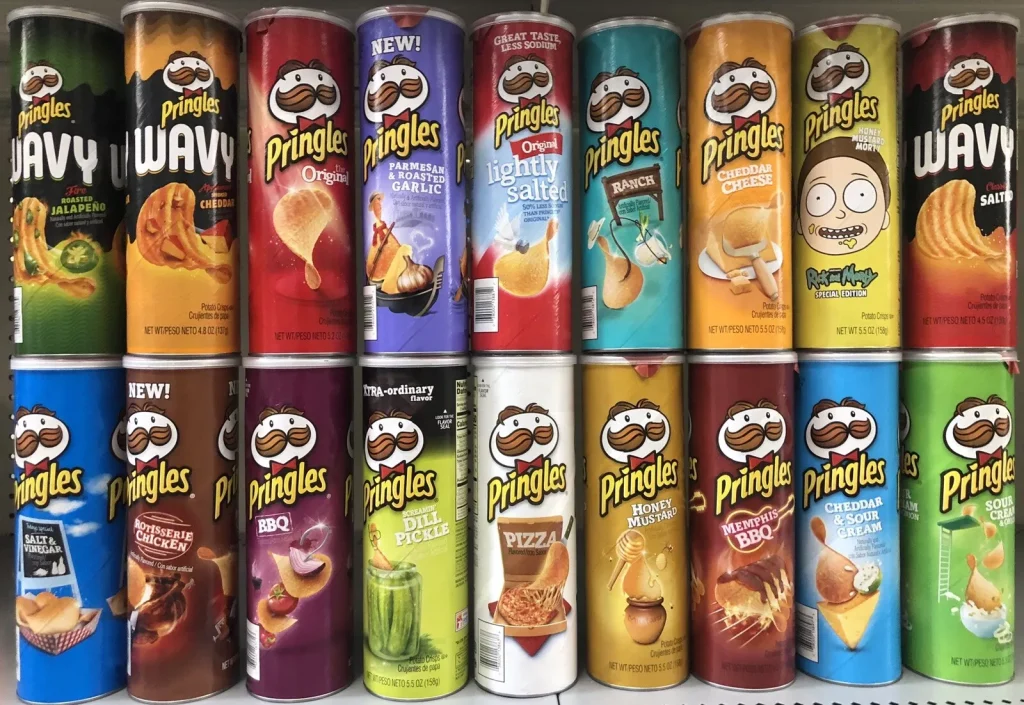
- Pringles Are Not Chips
In the UK, Procter & Gamble argued that Pringles were not potato chips (or crisps) because they contained only 42% potato. By reclassifying them, the company aimed to avoid the VAT (value-added tax) applied to chips. The court ultimately ruled against them, deciding Pringles were indeed chips.
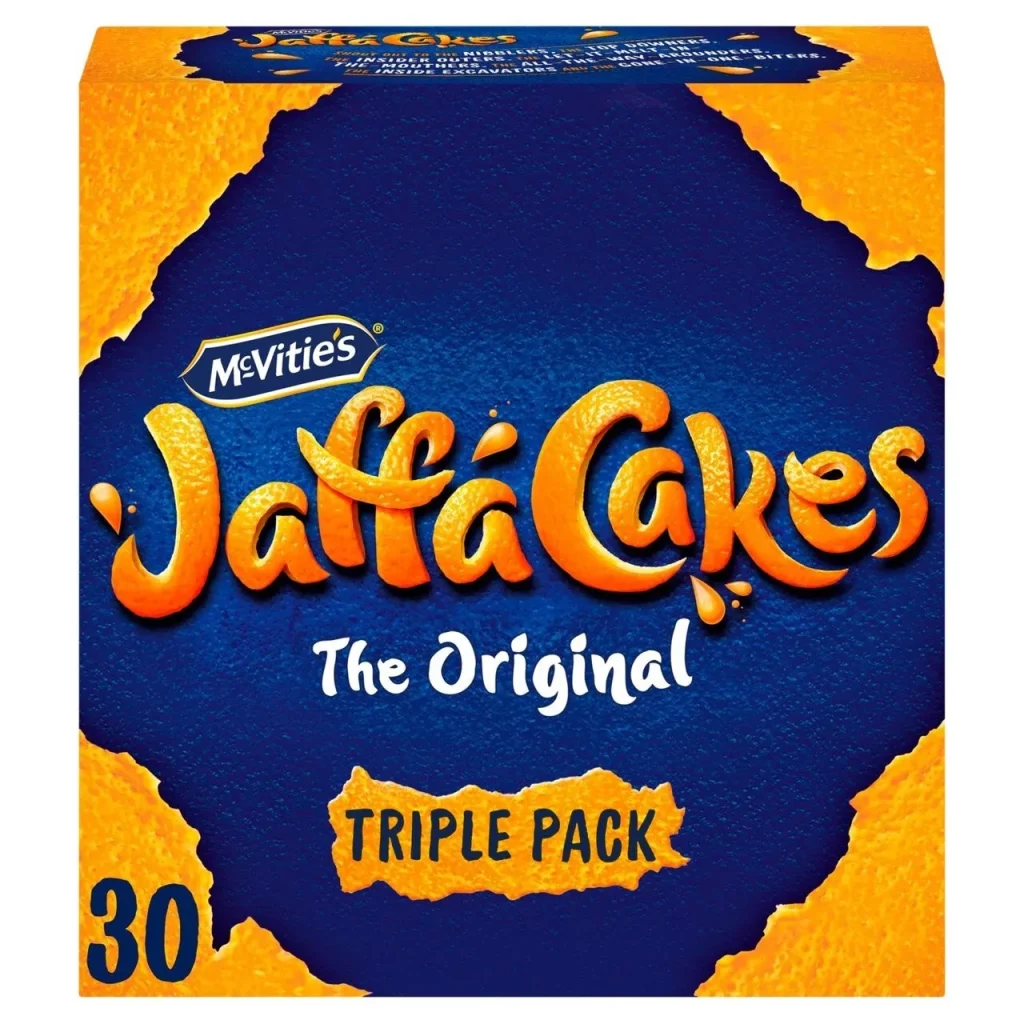
- McVitie’s Jaffa Cakes as Cakes
In a landmark UK case, McVitie’s argued that Jaffa Cakes were cakes, not biscuits. This distinction mattered because cakes were exempt from VAT while biscuits were not. The company won the case by demonstrating that Jaffa Cakes hardened when stale, a characteristic of cakes.
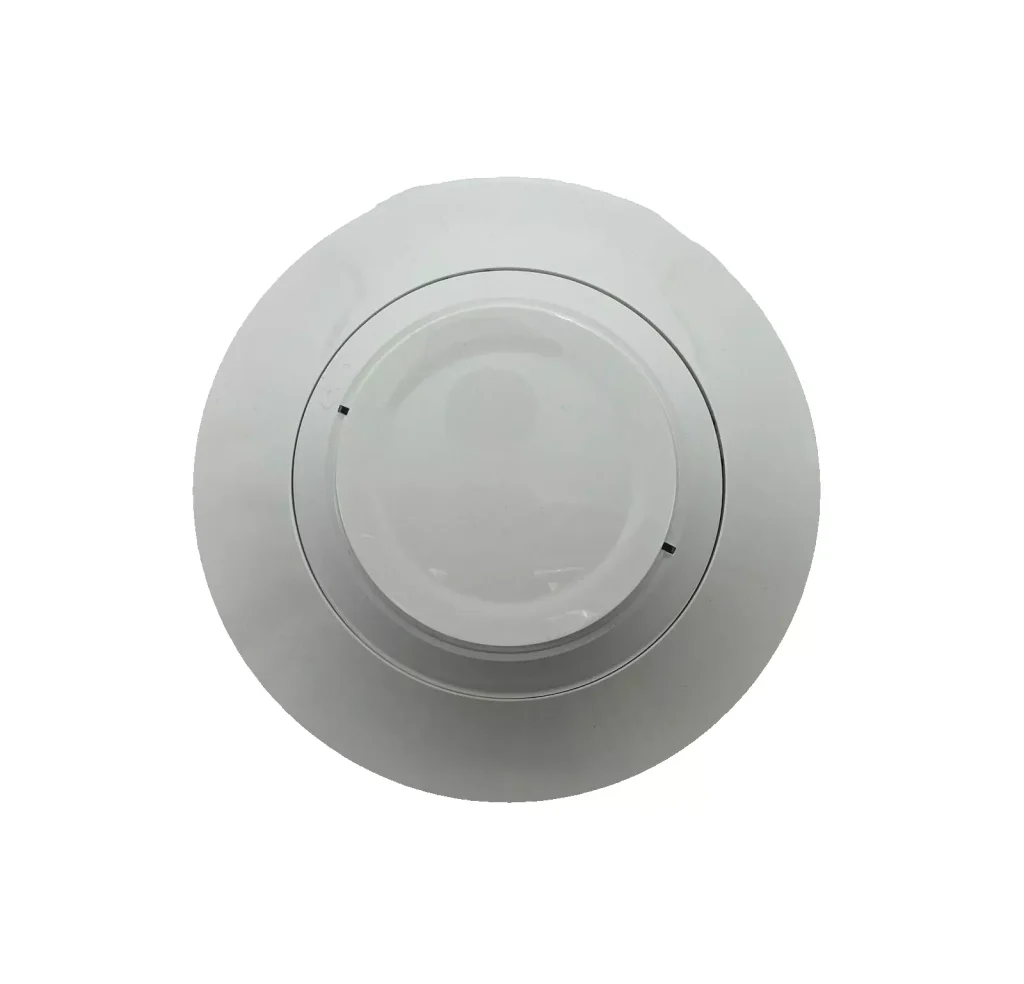
- Smoke Detectors as Musical Instruments
A U.S. entrepreneur tried to classify smoke detectors as musical instruments to avoid high import tariffs on detectors. While the premise was dubious, it highlights the lengths some companies will go to minimize taxes.
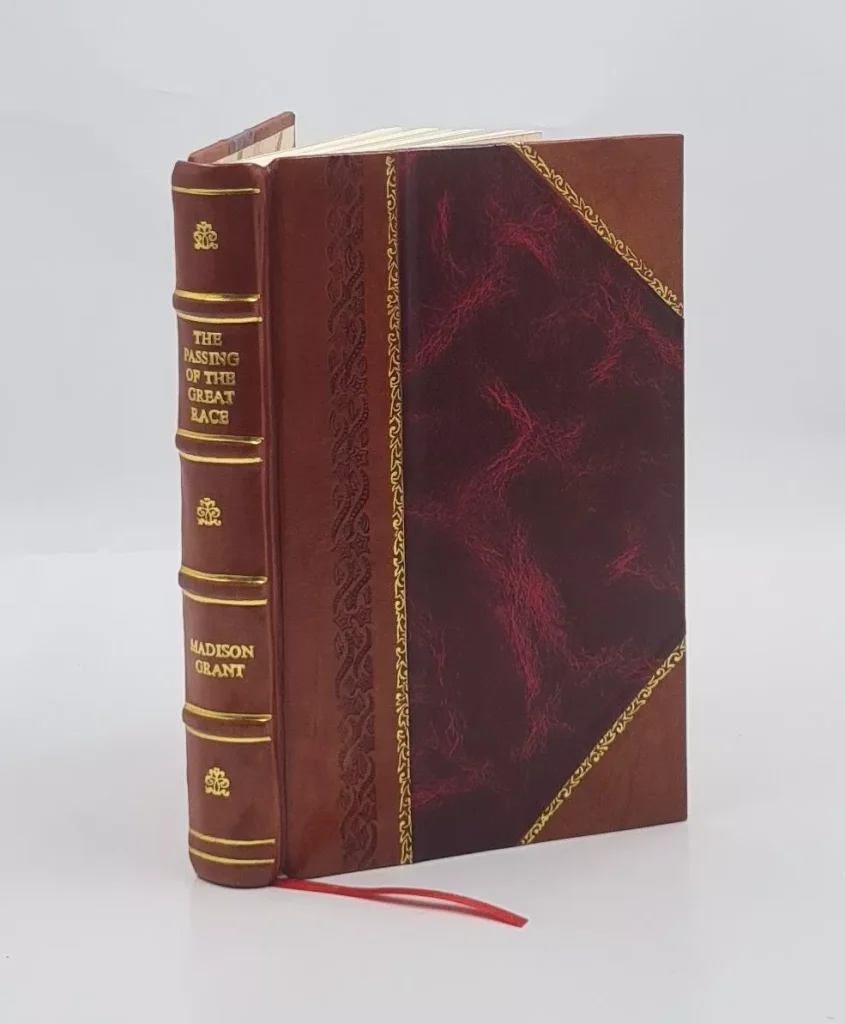
- Women’s Healthcare Products as Books
A European company sold feminine hygiene products packaged within books to draw attention to high taxes on sanitary products. While unconventional, this tactic created a loophole for a reduced tax rate.
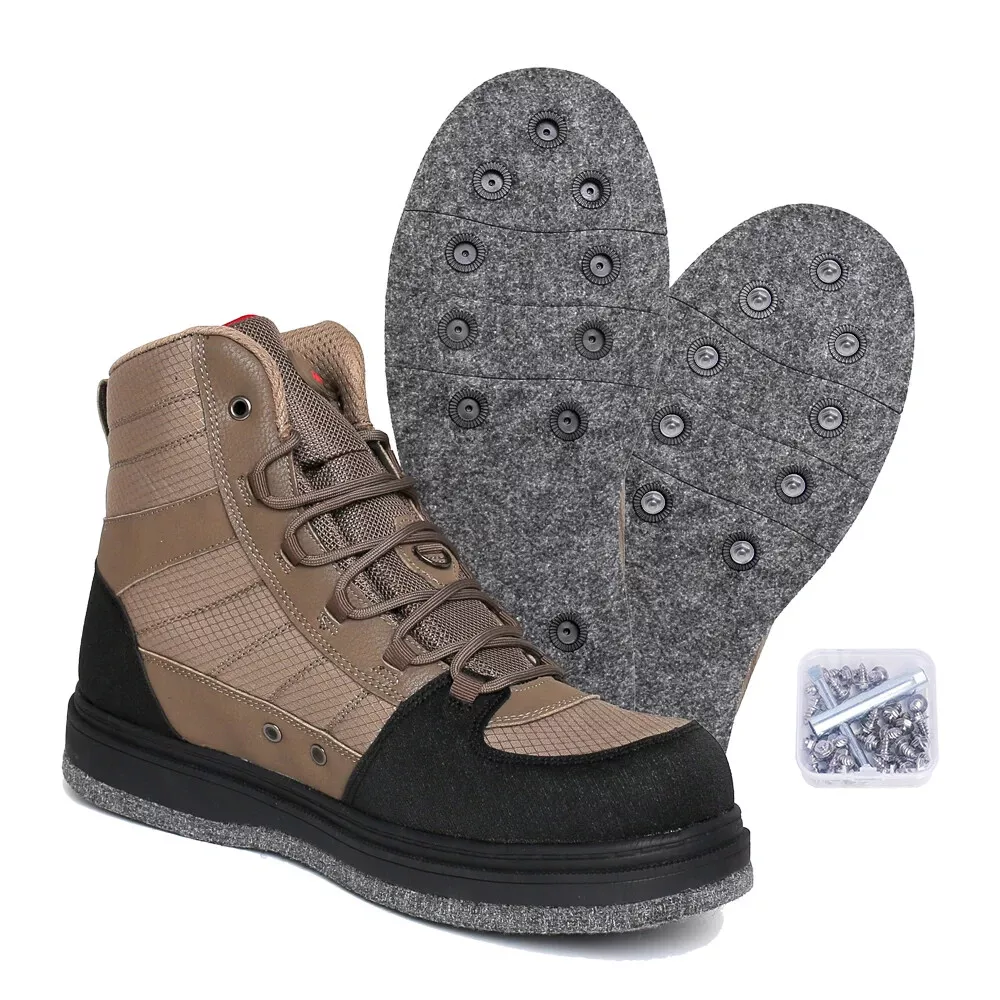
- Felt Shoes Everywhere
Many footwear brands beyond Converse, including women’s heeled shoe brands and children’s shoes, use a thin layer of felt to reclassify their products as slippers. This practice is especially common for shoes imported from China.

- Passenger Vans Reimagined
European automakers like Mercedes-Benz have skirted tariffs by assembling kits of vans overseas and reassembling them in the U.S. This tactic allows the final product to qualify as a U.S.-manufactured vehicle, avoiding higher tariffs on fully assembled imports.
As new tariffs on imports from China, Canada, and Mexico come into play, companies will likely experiment with new loopholes, reclassifications, and manufacturing tweaks to stay competitive. The race to find creative solutions will only intensify as businesses adapt to the evolving global trade landscape.

